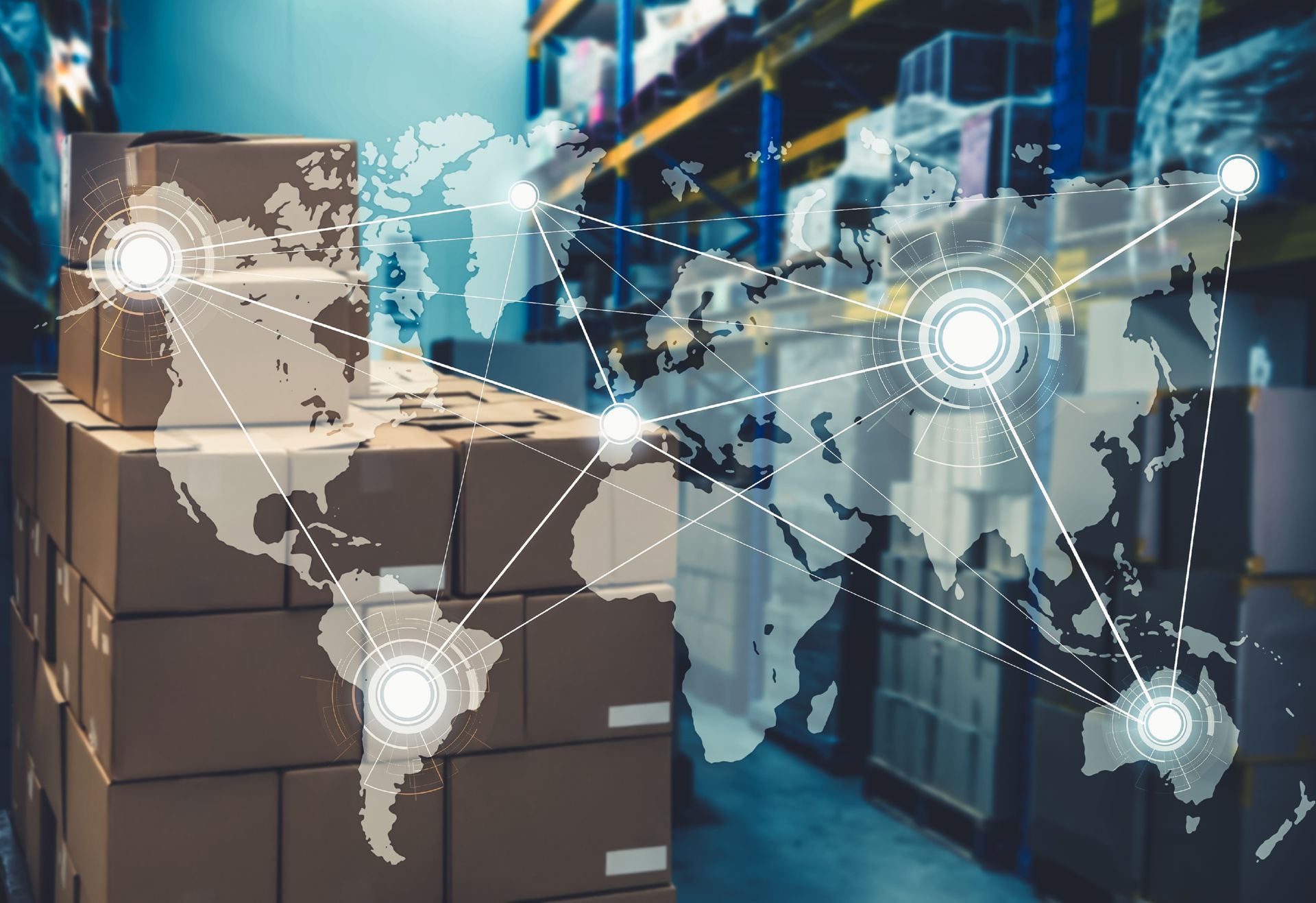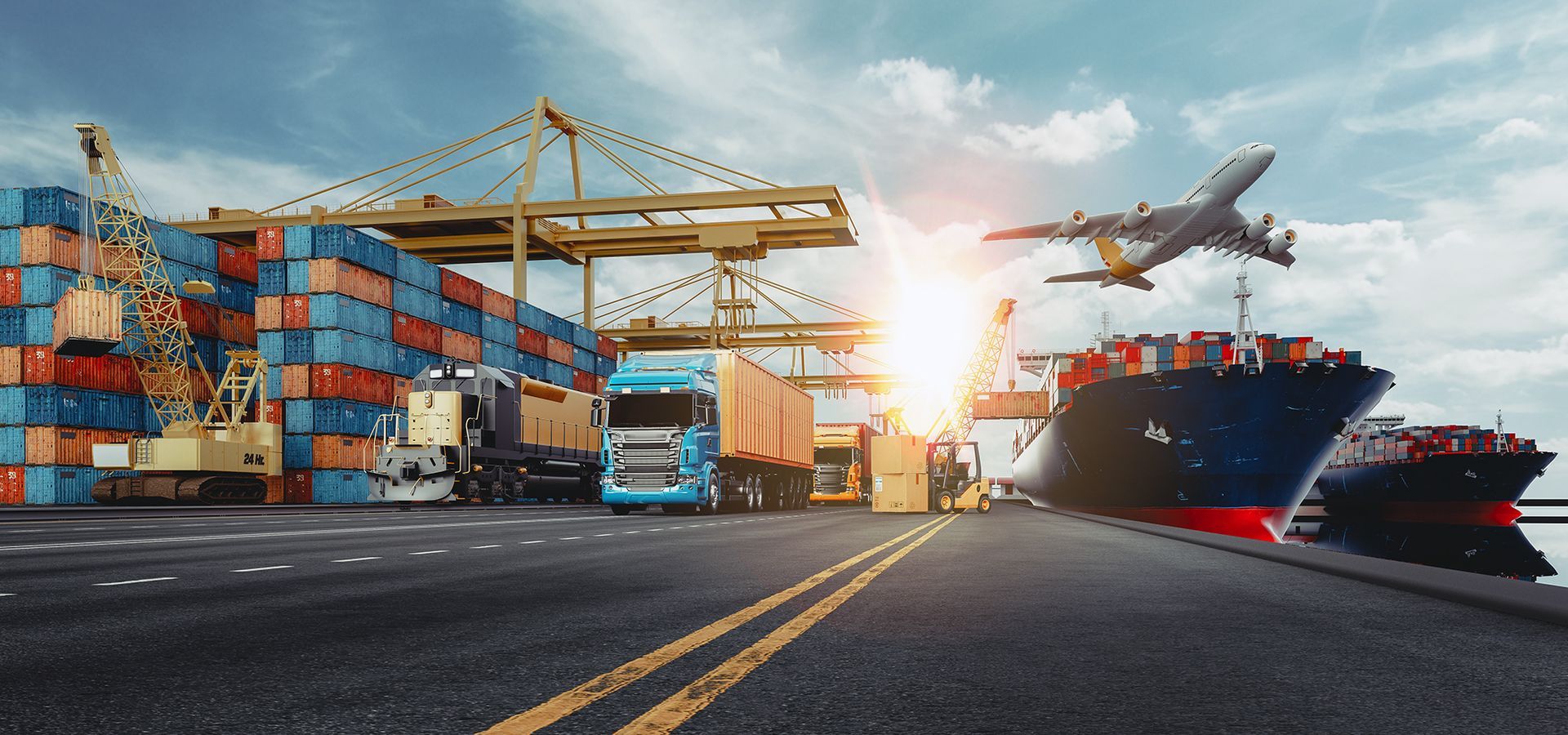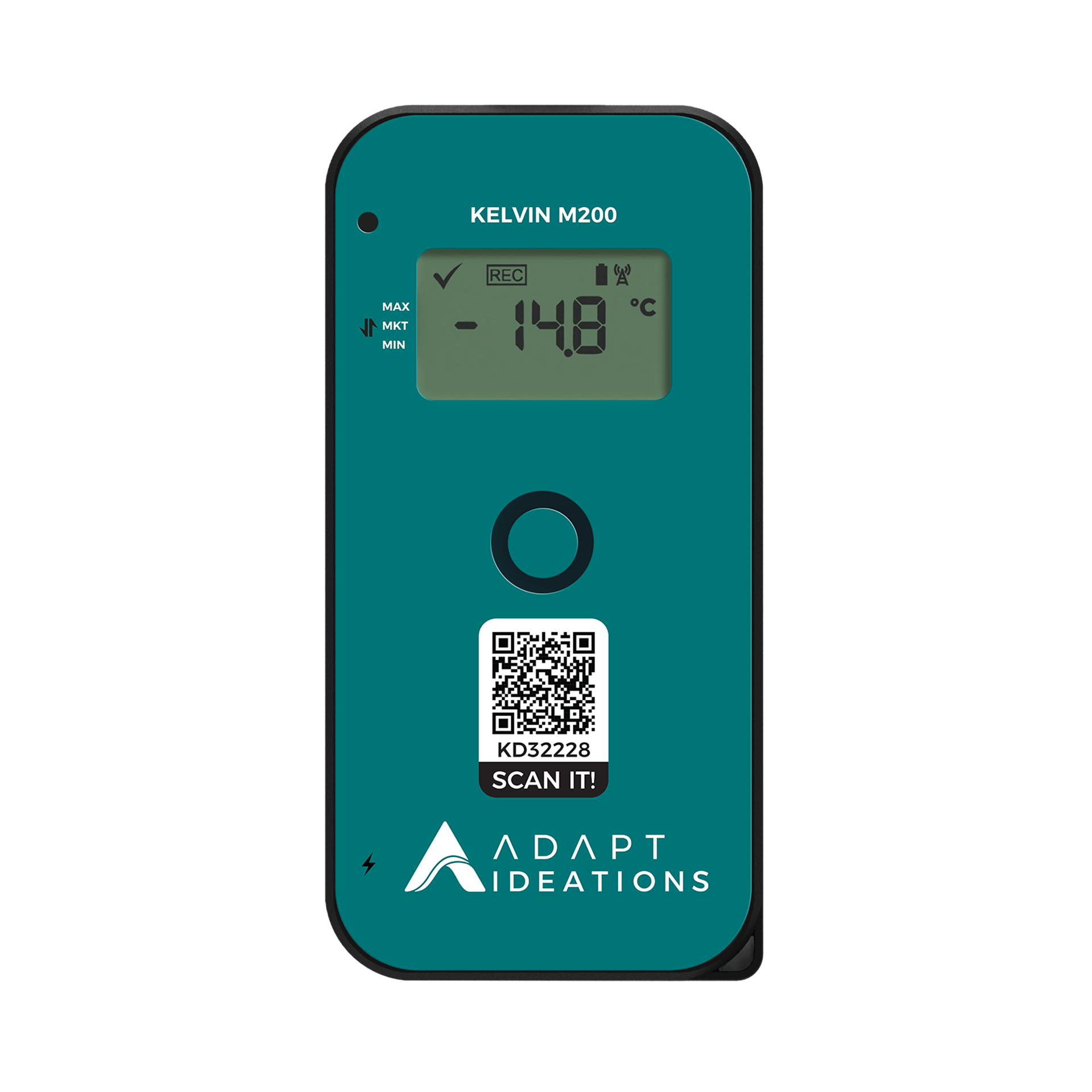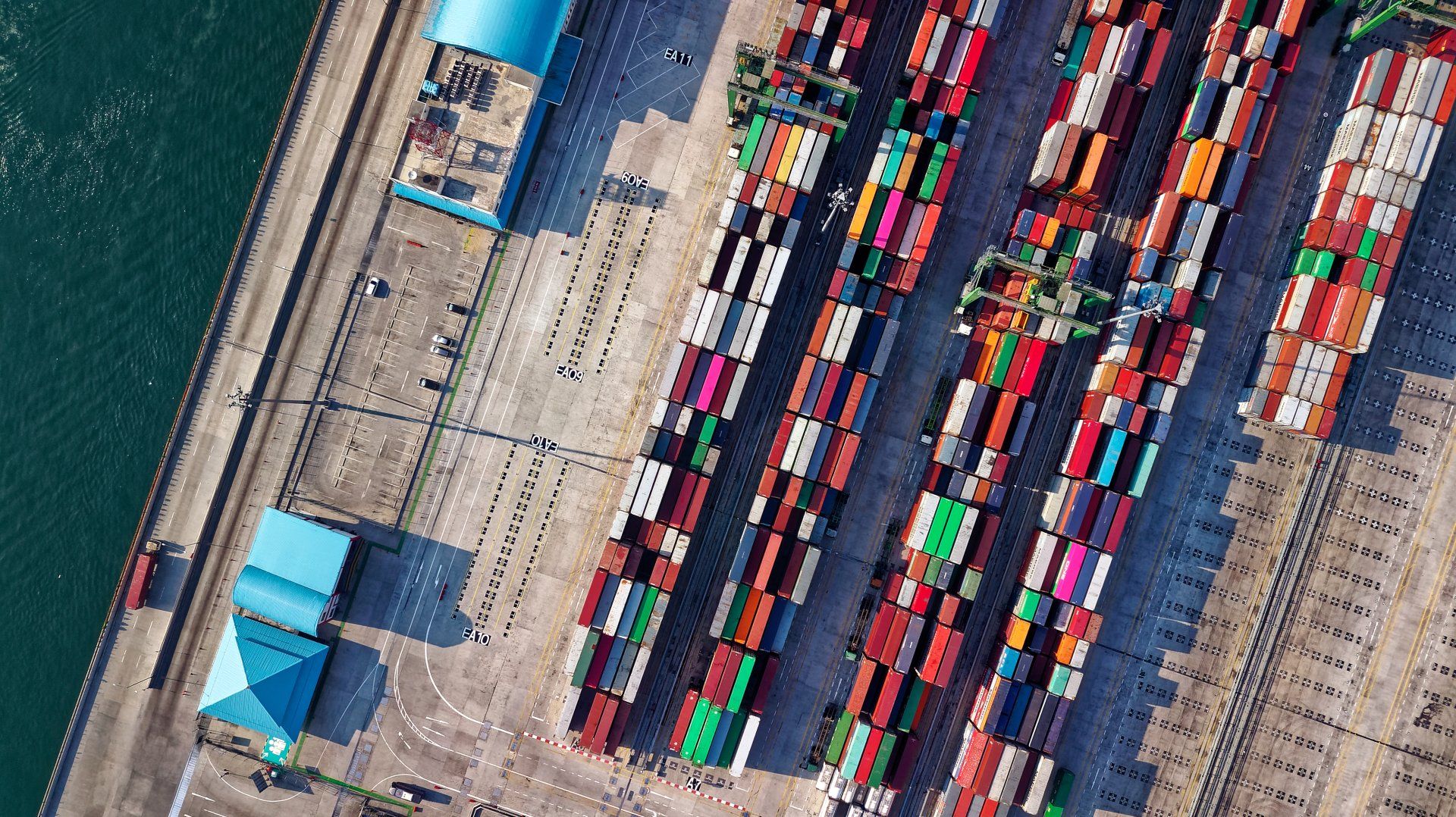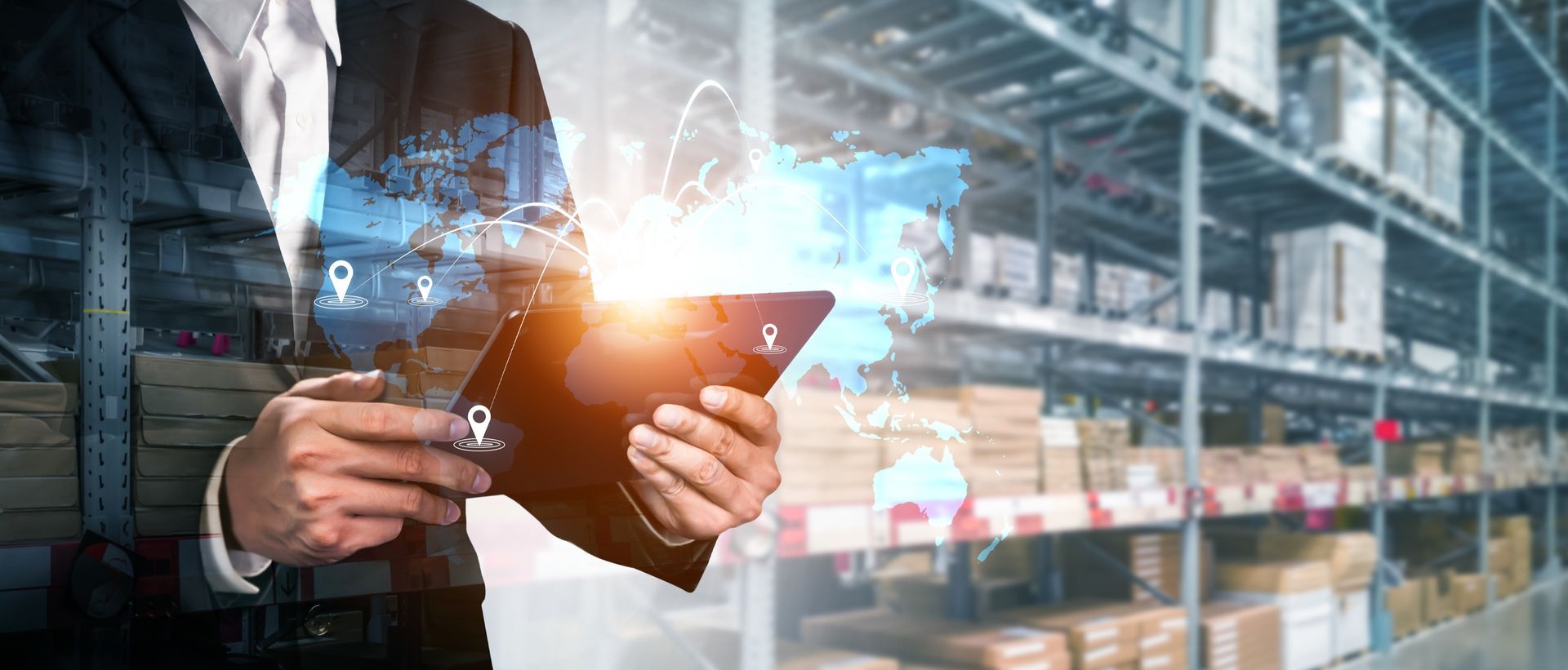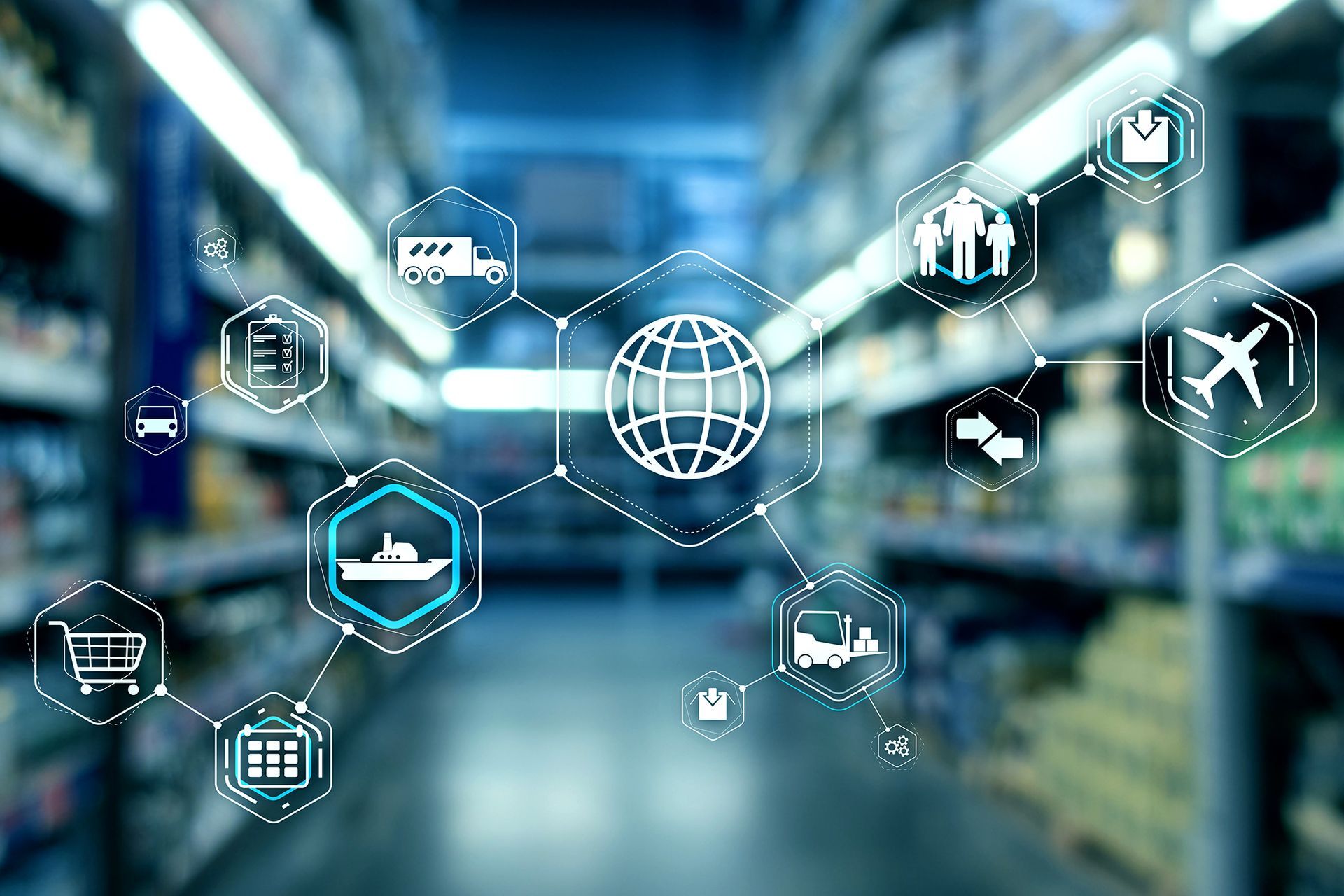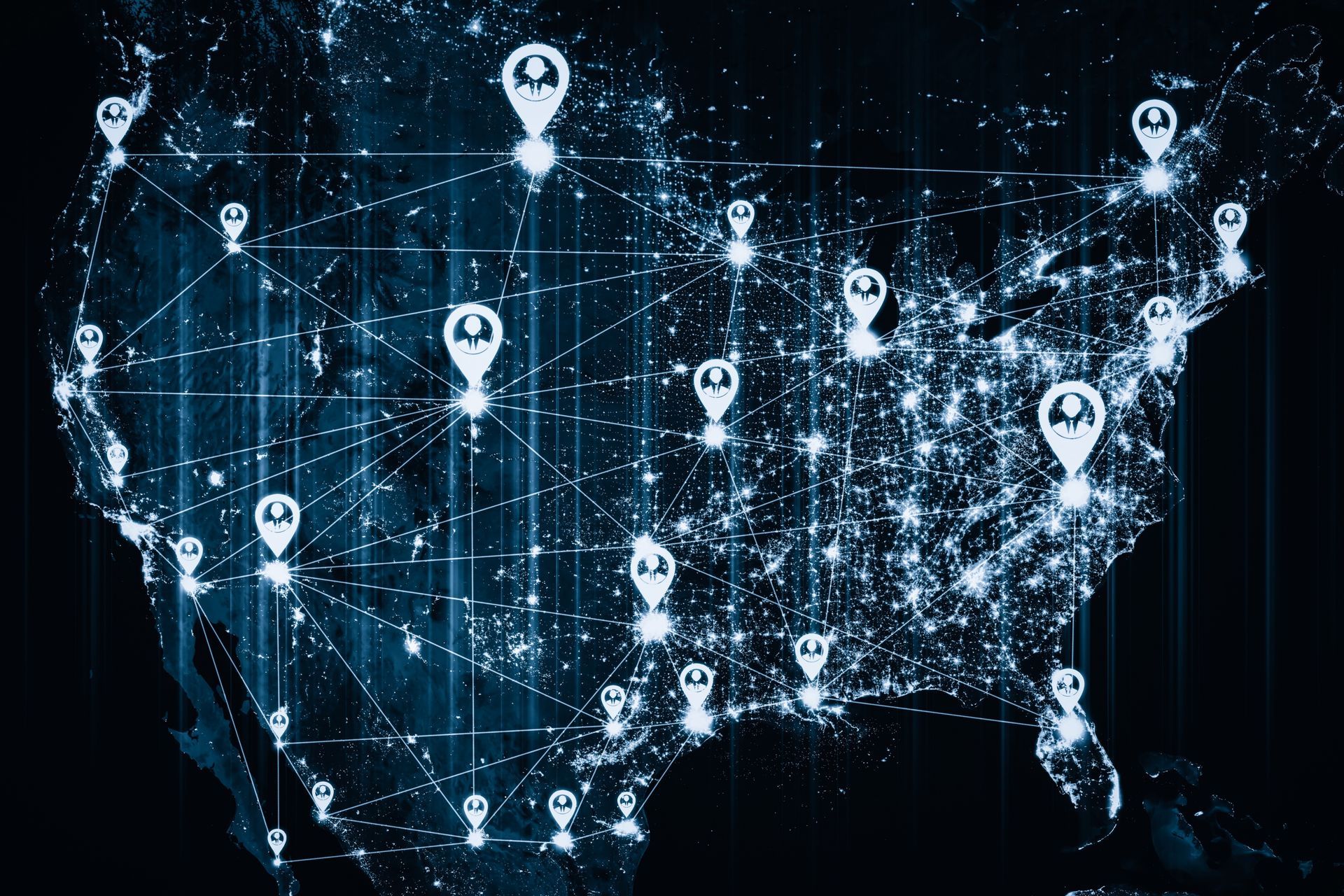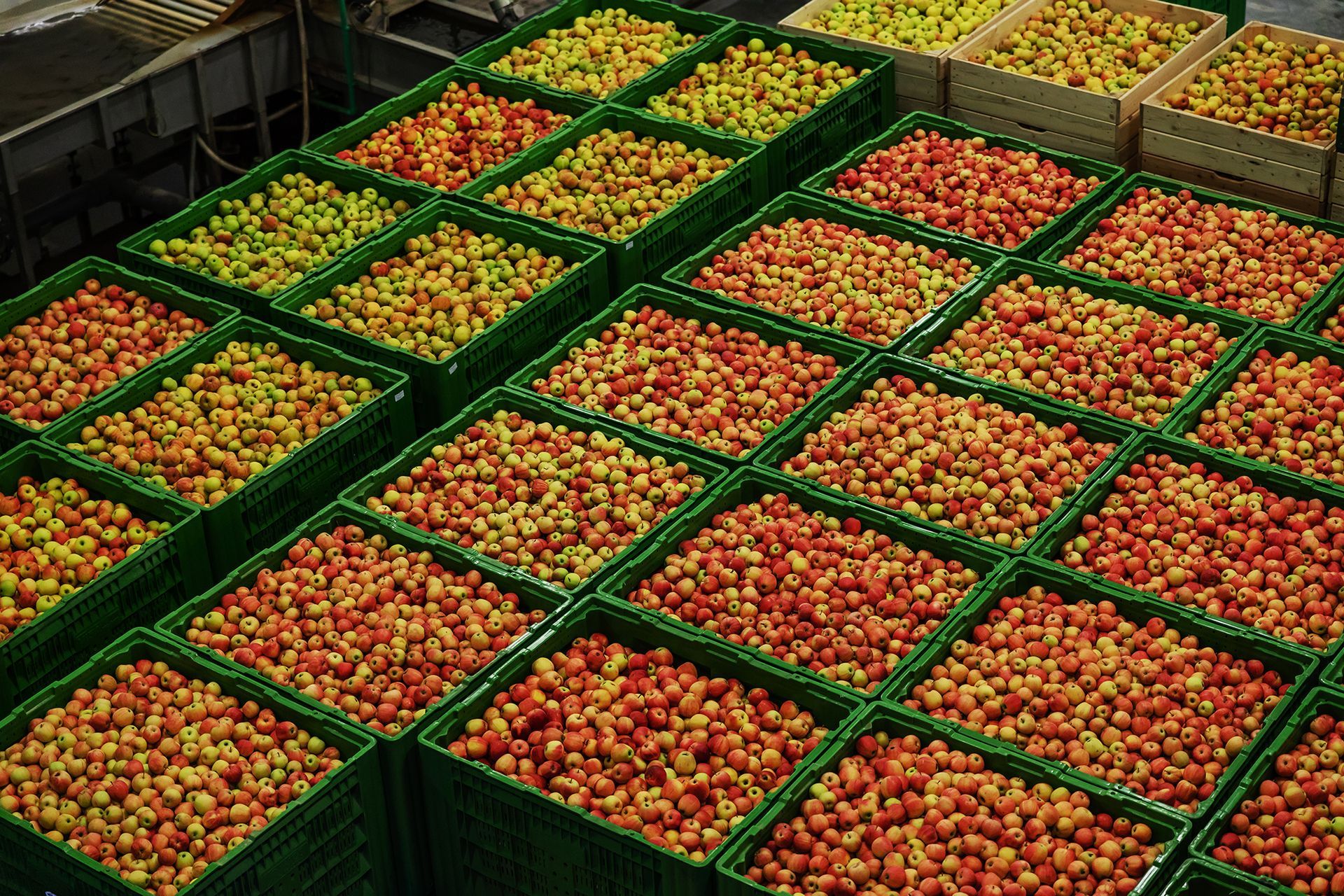Mastering The Greater Supply Chain: IoT's Key Role In Optimisation
Today's world is extremely interconnected, and the efficient management of the greater supply chain is crucial for businesses to stay competitive and meet customer demands. According to a recent Statista analysis, the worldwide supply chain management industry would be worth roughly $21.95 billion in 2023. The internet of things (IoT) has emerged as a game-changer, revolutionising traditional supply chain practices. The greater supply chain encompasses a vast network of interconnected activities, from sourcing raw materials to delivering finished products to customers. It is a complex ecosystem where every link must function seamlessly to ensure smooth operations and customer satisfaction.
This blog will delve into the impact of the internet of things on the greater supply chain, exploring its applications, benefits, and future possibilities.
What Is The Greater Supply Chain?
Before delving into the impact of IoT, let's first understand the concept of the greater supply chain. It encompasses the entire network of activities involved in delivering products and services to end consumers. From raw material procurement to manufacturing, distribution, and customer satisfaction, every step contributes to the smooth functioning of this intricate system. Key stakeholders, including suppliers, manufacturers, distributors, and retailers, collaborate to ensure the timely delivery of goods and services.
However, traditional supply chain management practices often face challenges and inefficiencies. Inaccurate inventory management, delayed information sharing, and lack of real-time visibility can lead to costly disruptions and unsatisfied customers. This is where IoT steps in as a catalyst for change.
Introduction To The Internet Of Things (IoT)
The internet of things is a revolutionary concept that brings the power of connectivity to the physical world. It refers to the network of physical devices embedded with sensors, software, and connectivity, enabling them to collect and exchange data. These devices range from everyday objects like smartphones and wearables to industrial machinery and vehicles. Through IoT, these devices communicate with each other, generating valuable insights that drive informed decision-making.
IoT can be applied across various industries, including healthcare, agriculture, transportation, and manufacturing. For instance, temperature monitoring data loggers equipped with IoT technology allows companies to monitor and track the condition of perishable goods during transportation, ensuring their quality and safety.
IoT's Impact On The Greater Supply Chain
1. Enhanced Visibility & Real-Time Tracking
One of the significant contributions of IoT to the greater supply chain is enhanced visibility and real-time tracking. Businesses obtain invaluable insight into their operations by tracking and monitoring assets, shipments, and inventories in real time. This real-time data empowers organisations to make proactive decisions and in some cases the ability to optimise routes. Further, identifying potential bottlenecks, ultimately enhancing efficiency and customer satisfaction. To give you a real-life example, when shipping temperature-sensitive items, the use of temperature monitoring devices has become widespread. These devices offer real-time monitoring of the products to determine if they are travelling in a safe environment and within specified conditions. Head to our website to view our temperature data logger devices to learn more about their features.
2. Predictive Analytics & Demand Forecasting
The data gathered by IoT devices power predictive analytics, enabling companies to forecast demand with superb accuracy. By analysing historical data, market trends, and external factors, organisations can optimise inventory levels, reduce stockouts, and align their supply with customer demand. This results in improved customer service, OTIF tracking, reduced costs, and minimised wastage.
3. Efficient Inventory Management & Logistics
IoT-enabled technologies such as smart shelves and radio-frequency identification (RFID) tags streamline inventory management and logistics operations. Smart shelves equipped with IoT sensors automatically monitor stock levels, triggering alerts for replenishment. RFID technology enables accurate tracking of goods throughout the supply chain, minimising errors and reducing the time spent on manual inventory counts. Temperature data loggers are one such tool that aids in tracking the flow of items throughout various supply chain procedures. You can read this article to understand how it streamlines operations in the logistics industry. The advancements result in optimised inventory levels, reduced carrying costs, and improved warehouse efficiency.
4. Condition Monitoring & Preventive Maintenance
Incorporating IoT-enabled sensors into products and equipment enables real-time condition monitoring. Businesses can remotely track vital metrics like temperature, humidity, shock and tampering, ensuring optimal conditions for sensitive goods. Furthermore, predictive maintenance models powered by IoT data can identify potential equipment failures before they occur, minimising downtime and optimising maintenance schedules. You can check out our IoT-enabled monitoring devices to streamline and implement real-time monitoring processes for your organisation.
5. Supply Chain Optimisation Through Data Analytics
IoT-generated data is a goldmine of insights for supply chain optimisation. Collecting and analysing vast amounts of data from IoT devices can help companies identify patterns, trends, and inefficiencies. This will empower them to make data-driven decisions, optimise processes, and enhance overall supply chain performance.
6. Sustainable & Eco-Friendly Practices In The Supply Chain
IoT also contributes to promoting sustainable and eco-friendly practices in the supply chain. By closely monitoring energy consumption, waste generation, and carbon emissions, businesses can identify areas for improvement and implement greener initiatives. With this knowledge, companies can implement eco-friendly measures, reduce carbon footprint, and contribute to a greener future. We at Adapt Ideations actively promote the concept of sustainability within supply chain operations. You can check out more about our initiatives here.
Challenges & Considerations
While the potential benefits of IoT in supply chain optimisation are vast, it is crucial to address the following challenges and considerations:
1. Security & Privacy Concerns
With increased connectivity comes the need for robust cybersecurity measures. Protecting sensitive supply chain data from unauthorised access and ensuring privacy is paramount in IoT-enabled supply chains.
2. Integration Complexities & Interoperability Challenges
Integrating IoT devices and systems with existing infrastructure can be complex. Ensuring compatibility and seamless data exchange across multiple platforms and stakeholders requires careful planning and collaboration.
3. Overcoming Resistance To Change
Embracing IoT-driven transformations may face resistance from employees and organisational barriers. Effective change management strategies and stakeholder engagement are vital for successful IoT adoption.
Future Trends & Opportunities
Looking ahead, the future of IoT in supply chain optimisation is brimming with potential. Here are some exciting trends and opportunities to watch out for:
1. Emerging Technologies
Innovations like blockchain, artificial intelligence (AI), and machine learning (ML) are poised to complement IoT in supply chain optimisation. These technologies offer enhanced data security, intelligent analytics, and automation capabilities.
2. Advanced IoT Solutions
From autonomous drones and robots to wearable devices and augmented reality (AR), advanced IoT solutions are transforming supply chain operations. Improved asset tracking, remote monitoring, and enhanced worker safety are just a few areas where these solutions excel.
3. Predictions For The Future
As IoT continues to evolve, we can expect increased collaboration across supply chain partners, enabled by seamless data sharing and enhanced visibility. Predictive analytics and machine-to-machine communication will further enhance efficiency and agility within the greater supply chain.
To Summarise
The internet of things (IoT) is revolutionising the way businesses master the greater supply chain. By leveraging IoT technologies, organisations can optimise inventory management, enable predictive maintenance, and streamline logistics operations to deliver superior customer experiences. Embracing IoT is no longer a choice but a necessity for staying competitive in today's dynamic business landscape. The future of the greater supply chain is IoT-driven, and it's time to explore the immense potential that lies ahead. Embark on this transformative journey and unlock the true power of IoT in optimising the greater supply chain with Adapt Ideations’ innovative IoT enabled asset tracking and monitoring solutions.
Enquire to find out more about our innovative solutions and how they can be utilised at enquiries@adaptideations.com
Share Our Post.
Awards & Recognition
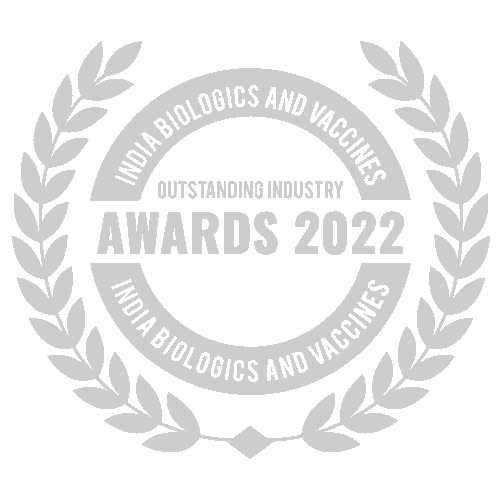
Best Temperature Monitoring Solution Provider
Awarded by India Biologics & Vaccines Outstanding Industry Awards 2022
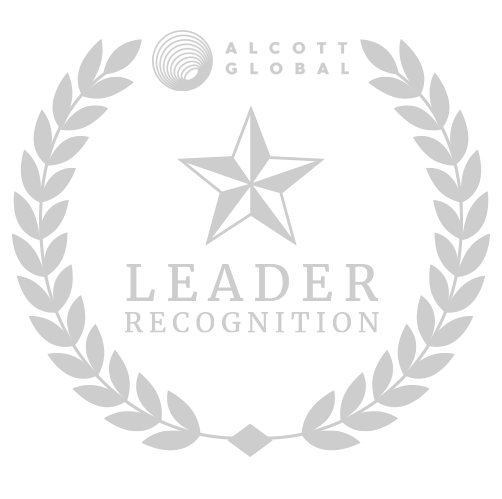
Adapt Ideations Recognised As A Supply Chain Leader
by Alcott Global on Supplify's Supply Chain Tech Map 2.0
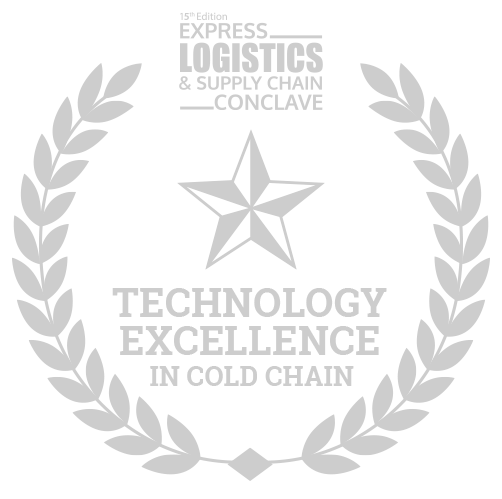
Related Articles.

